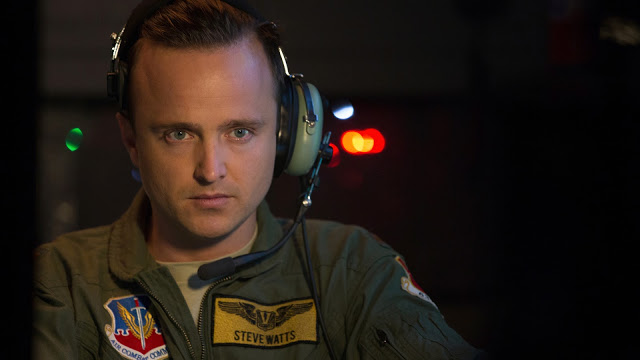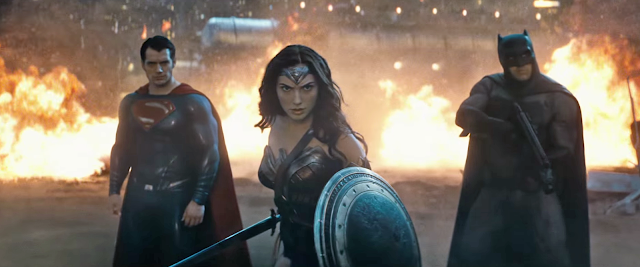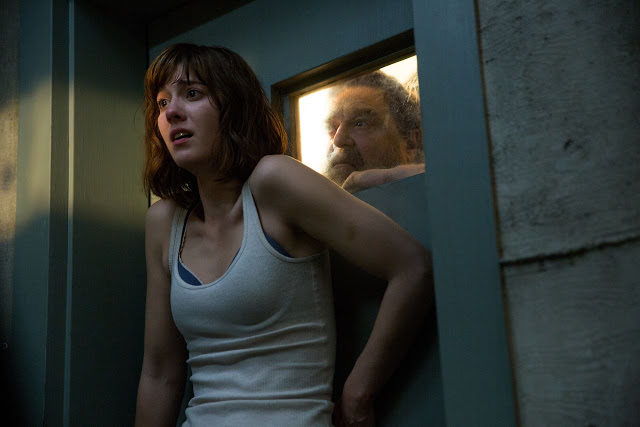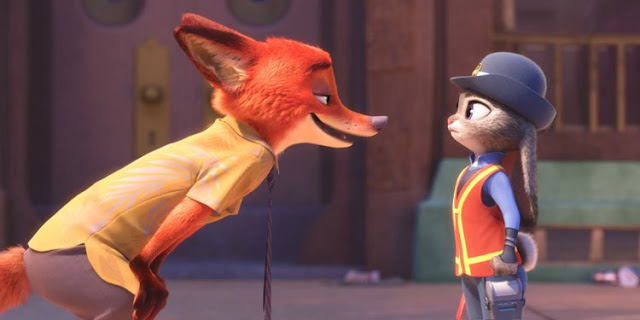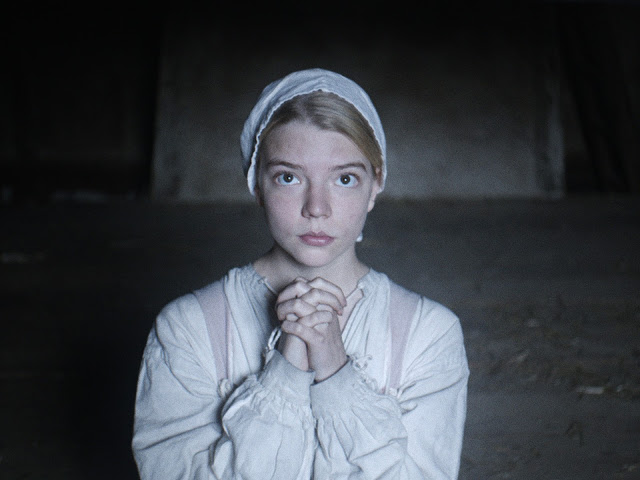Eye in the Sky: Where Collateral Damage Is a Cherub, and Our Collective Soul
Eye in the Sky is the kind of movie that seeks acclaim simply for existing. It is designed to ask thorny questions about geopolitical warfare in the terrorist age, to make you plumb your conscience and grapple with the inherent tensions between morality and security. It’s a noble objective—these are questions that we all should be asking ourselves, and our elected officials—but Eye in the Sky fails to execute its mission with the necessary nuance. It feints at complexity, but it is actually shrill, a didactic sermon that is less interested in probing than proselytizing. Ultimately, the only question it asks is this: “Are you willing to murder an angelic young girl just to stop a few terrorists?” Answer wrong, and ye be judged.
To be fair, Eye in the Sky takes its time before it sheds its camouflage of earnest inquiry. In its opening scenes, it hopscotches around the globe, introducing us to the various players who will take part in its game of philosophical purgatory. These include: Colonel Katherine Powell (Helen Mirren), a British military commander stationed in Sussex who is remotely overseeing an operation in Kenya; Lieutenant General Frank Benson (Alan Rickman, in his final onscreen performance), Powell’s superior who monitors the operation from London, in a roomful of anxious bureaucrats; Jama Farah (Barkhad Abdi, in his first role since Captain Phillips), a Kenyan field agent providing ground support; and Steve Watts (Aaron Paul), an Air Force pilot in Nevada charged with manning the surveillance drone that gives the film its title. Read More

